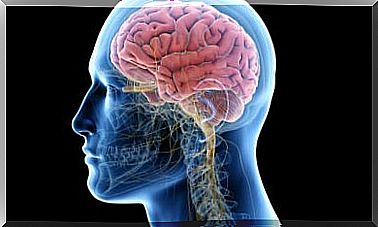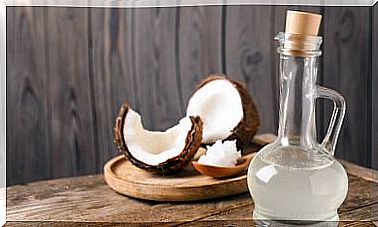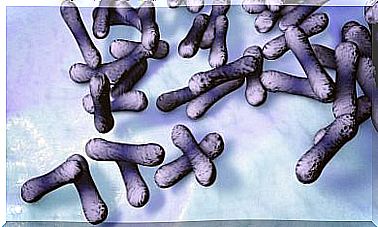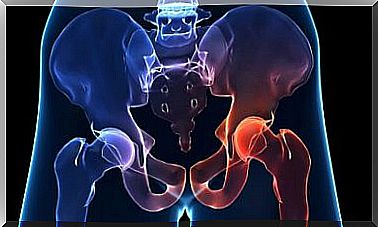Why Is Diet Important In Pregnancy?
A good diet during pregnancy is one that responds to the nutritional needs of the mother and the fetus. It is not simply a matter of eating more, but of choosing those foods that respond to the requirements during this stage.
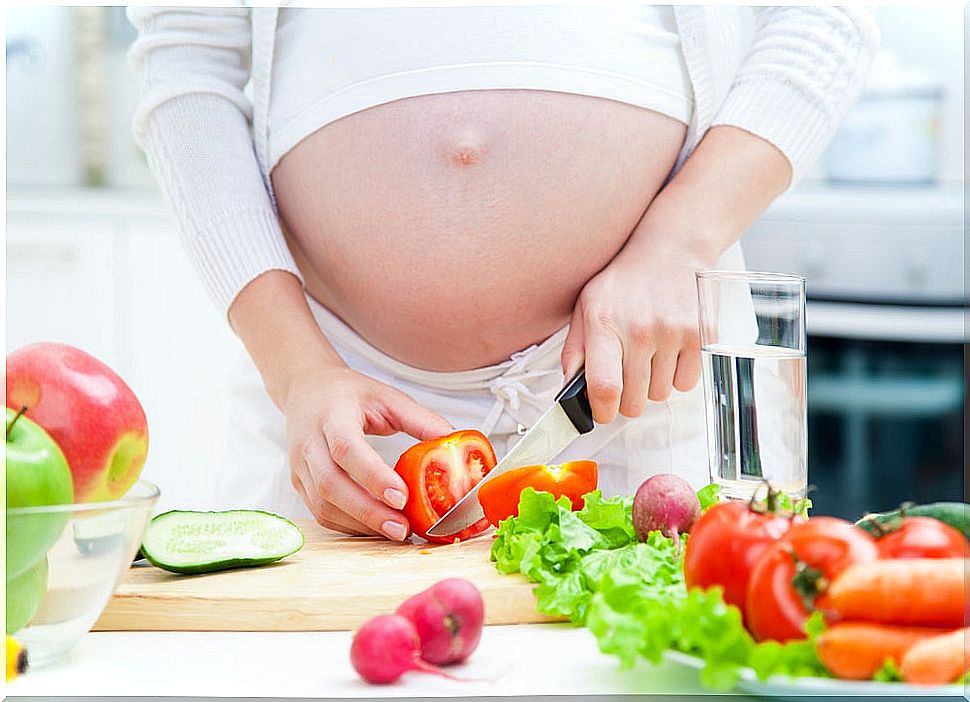
Eating during pregnancy is a crucial factor for the good health of both the mother and the baby. A normal diet is not enough to meet the needs of pregnancy and the lack or excess of food brings with it innumerable problems.
Although there are many myths about it, the truth is that diet in pregnancy is one of the basic pillars for:
- Attend to the nutritional needs of the fetus.
- The requirements of the maternal organism.
- The synthesis of milk during pregnancy.
It is not necessary to eat twice as much, as is popularly said, but it is necessary to choose the quantity and quality of nutrients that are ingested very well. Diet in pregnancy must respond to the new biological balance that is imposed by the fact of being gestating a new life.
The importance of diet in pregnancy
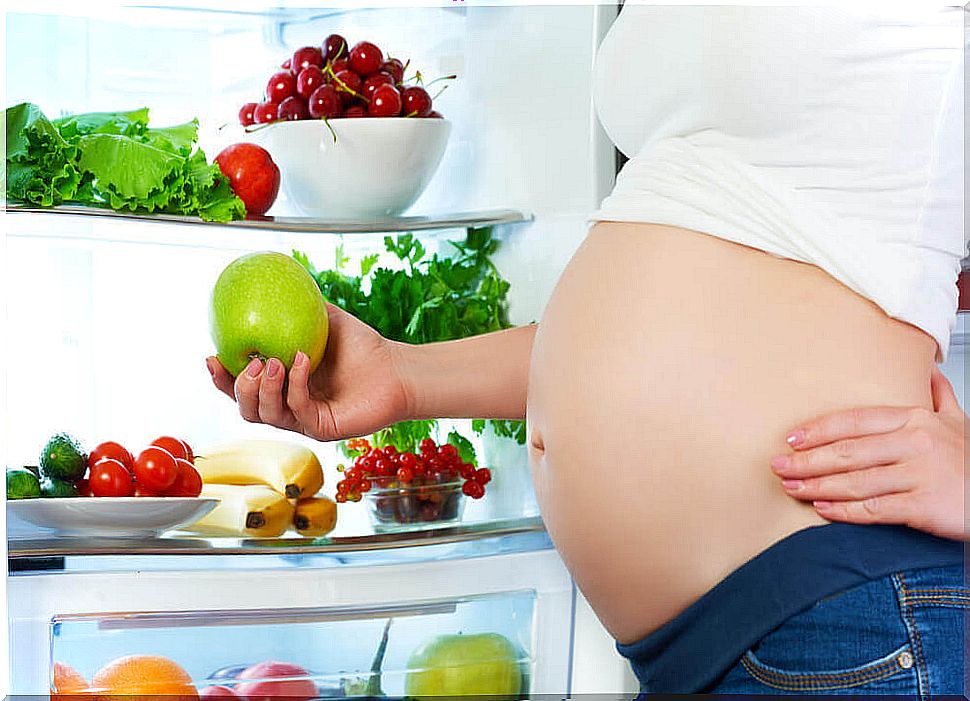
Feeding in pregnancy has a direct relationship with the good health of the baby, both in the womb and after birth. Poor nutrition during this stage can lead, for example, to premature delivery or low birth weight.
Good nutrition not only affects the proper development of the fetus, but also influences the quality of the placenta. It also allows maintaining a good energy level for labor and postpartum, activates the production of breast milk and prevents anemia.
Maternal obesity, on the other hand, is associated with an increased risk of developing high blood pressure, liver disease or gestational diabetes and with the need for a cesarean section. Children of obese mothers are more likely to have macrosomia (excessive size at birth) and Chronic Non-Communicable Diseases (NCDs).
Each mother’s situation is different and that is why it is important that each one ask the doctor about their specific nutritional needs. Ideally, the indicated diet should be adapted to the tastes and possibilities of access to food of each pregnant woman.
Essential nutrients
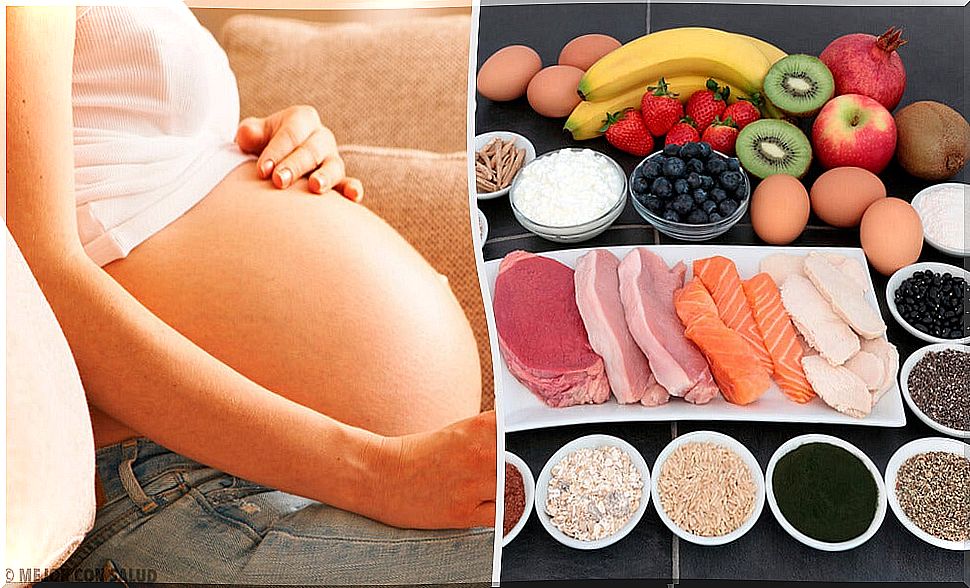
In general terms, food during pregnancy should keep the following proportion:
- Between 15 and 17% must correspond to proteins.
- The carbohydrates should represent 53% of the diet.
- The fats must correspond to 30%.
The essential nutrients then comprise:
- Carbohydrates: basically provide energy. They are in foods such as rice, pasta, whole grains, legumes, potatoes, and fruits.
- Proteins: decisively influence the development of the baby and its weight at birth. They also compensate for the growth of maternal organs such as the uterus and breasts. It is advisable to eat 80 grams of protein daily in the first trimester of pregnancy, 100 grams until delivery and 120 during lactation. It is important to ensure the presence of these nutrients during pregnancy, as they ensure proper muscle development according to research published in the journal Nutrients.
- Fats: adequate fats protect the body, transport vitamins, contribute to the formation of hormones and are a source of energy. It is appropriate to consume unsaturated fats in good quantity and saturated fats in minimal quantities. According to experts, consuming omega 3 fatty acids during pregnancy reduces the risk of allergies in the baby.
Other essential nutrients
In addition to the essential nutrients, there are also other foods that are essential during pregnancy and that basically correspond to minerals and vitamins. They are as follows:
- Calcium: the diet in pregnancy should include at least 120 grams of calcium per day. This intake can be covered with four servings a day of foods such as milk, yogurt, cheese or cottage cheese -ricotta or curd. Calcium is also in whole grains, legumes, and green vegetables.
- Iron: it is not so necessary in the first trimester of pregnancy, but it is decisive from then on. They should be consumed daily to avoid anemia and low birth weight. The doctor will indicate if a pharmacological supplement is necessary.
- Other minerals: the intake of foods containing phosphorus is recommended for the proper development of the baby’s bones; also potassium and zinc to protect and promote the development of the nervous system.
- Vitamins: a good diet during pregnancy should include foods rich in vitamin A, B vitamins, vitamin C and vitamin D. All of these contribute to the development of different organs and functions in the baby’s body and maintain the biological balance in the body of the mother.
Food in pregnancy plays a determining role
When it comes to ensuring a healthy pregnancy, you need to take special care of your diet. Providing adequate nutrients reduces the risk of developing pathologies and that the baby suffers from malformations. If you have doubts, consult a nutrition professional to adjust your diet.

